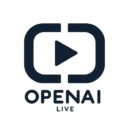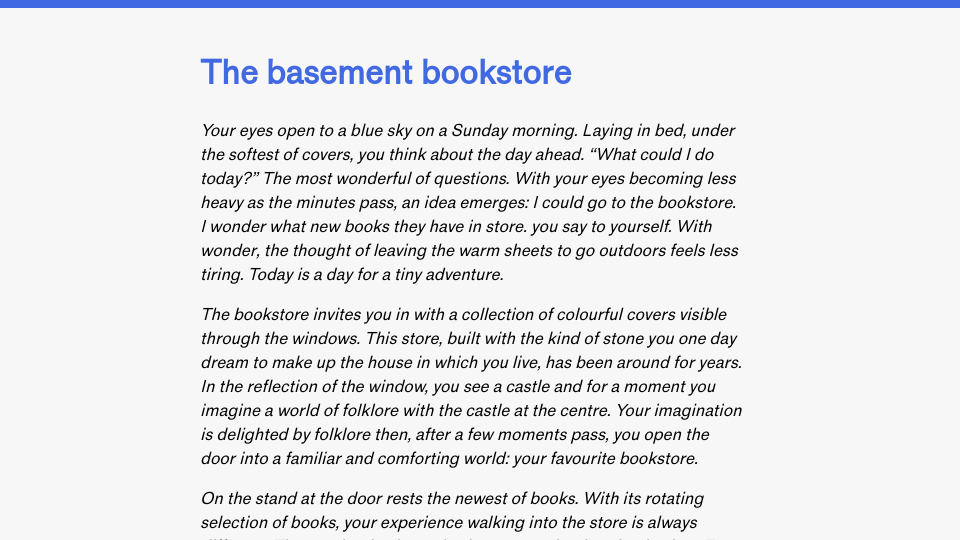I had a conversation last week with Ben about tools for the next decade of the web. I think we are at an inflection point in the history of the web, one where the tools we made over the last decade or two may not be fit for us in the coming decade.
Last year, I wrote in “The next decade of the web“:
My vision for the web over the next ten years is that we can turn that feeling of malaise, which I think is rooted in disempowerment, into a feeling that things can be different.
With this in mind, I ask: what’s next?
I have a few ideas for characteristics of tools that I want to use in the next decade. I want to use more tools that:
- Empower me to make new things.
- Are designed with careful attention to privacy.
- Help us embrace our humanity.
- Are calmer and encourage us to make things on our own schedule.
- Are designed to help people use the web who have no technical skills.
- Empower people with control over their data.
These are four of many principles that are on my mind. I need to reflect more to codify these into a more comprehensive list.
Tools like omg.lol and micro.blog have been exciting to see grow because they help people get set up on the web without requiring any knowledge of making websites. omg.lol and micro.blog in particular have both built community around their tools; there are people around to help. They empower people to make things. They exclaim, through their design and implementation, that the web should be for everyone.
I designed Artemis with the theme of “calm” in mind. I wanted a place to stay up to date that respected the fact that I don’t need to know what is going on right now. I don’t want a place where I can endlessly scroll and see more information. I want a place to follow my favourite writers and bloggers.
I think tools for the next decade may be more niche. Artemis isn’t for everyone: it is built with opinions in mind. But such opinions are how we design software. Everything is a choice – infinite scroll is a choice, notifications are a choice, the extent to which people have ownership over their data is a choice.
I want to build software that empowers people and doesn’t make them feel pressured. I want to build software that solves specific problems. I want to use software that fits in this category, too.
I also want to use software that helps embrace community. I have been delighted by how many interesting conversations I have had with bloggers. I wonder how I can best find new bloggers to follow? I don’t know the answer to this question – blogrolls, webrings, etc. being useful, but only part of the puzzle in my mind.
I also think we should think more about private blogging over the next decade: writing for a limited audience. We need tools for this. While I love the open web, I don’t think we should assume everything we make should be public. Yes, this is a loss, but it’s also an opportunity: people who may prefer smaller communities may be more empowered knowing that the audience for their creative works isn’t everyone.
These are some of my thoughts about tools for the next decade of the web. I would love to read others’ perspectives. In my discussion with Ben, we spoke about the importance of co-designing: the idea that bringing stakeholders into the design process is essential for creating a tool that really serves its mission. There shouldn’t be one vision for the web: there should be many. The web is big enough! The more voices in the room, the more perspectives we have to reflect on as we think about building new tools.

